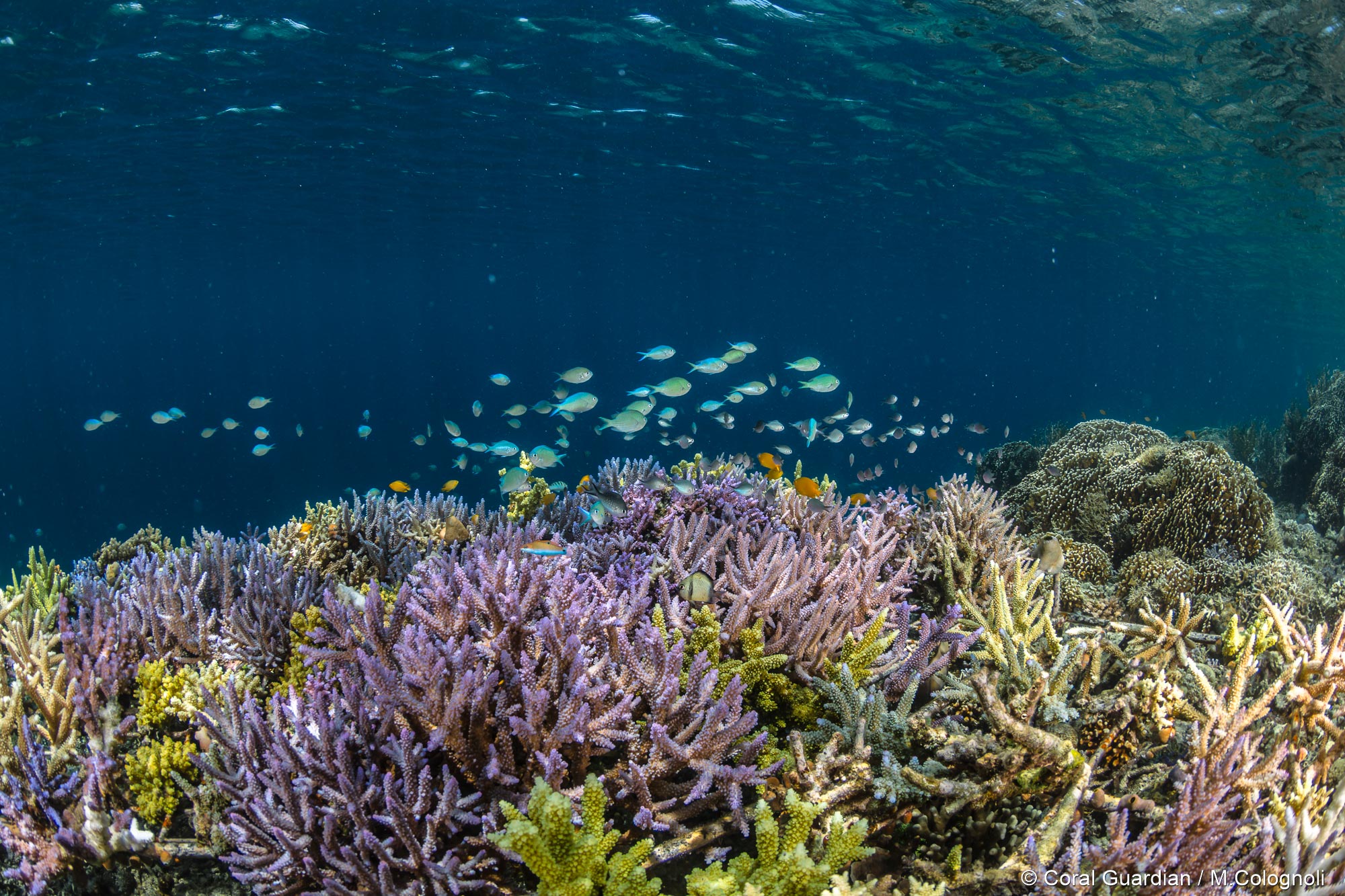Taking action for coral restoration in Kenya
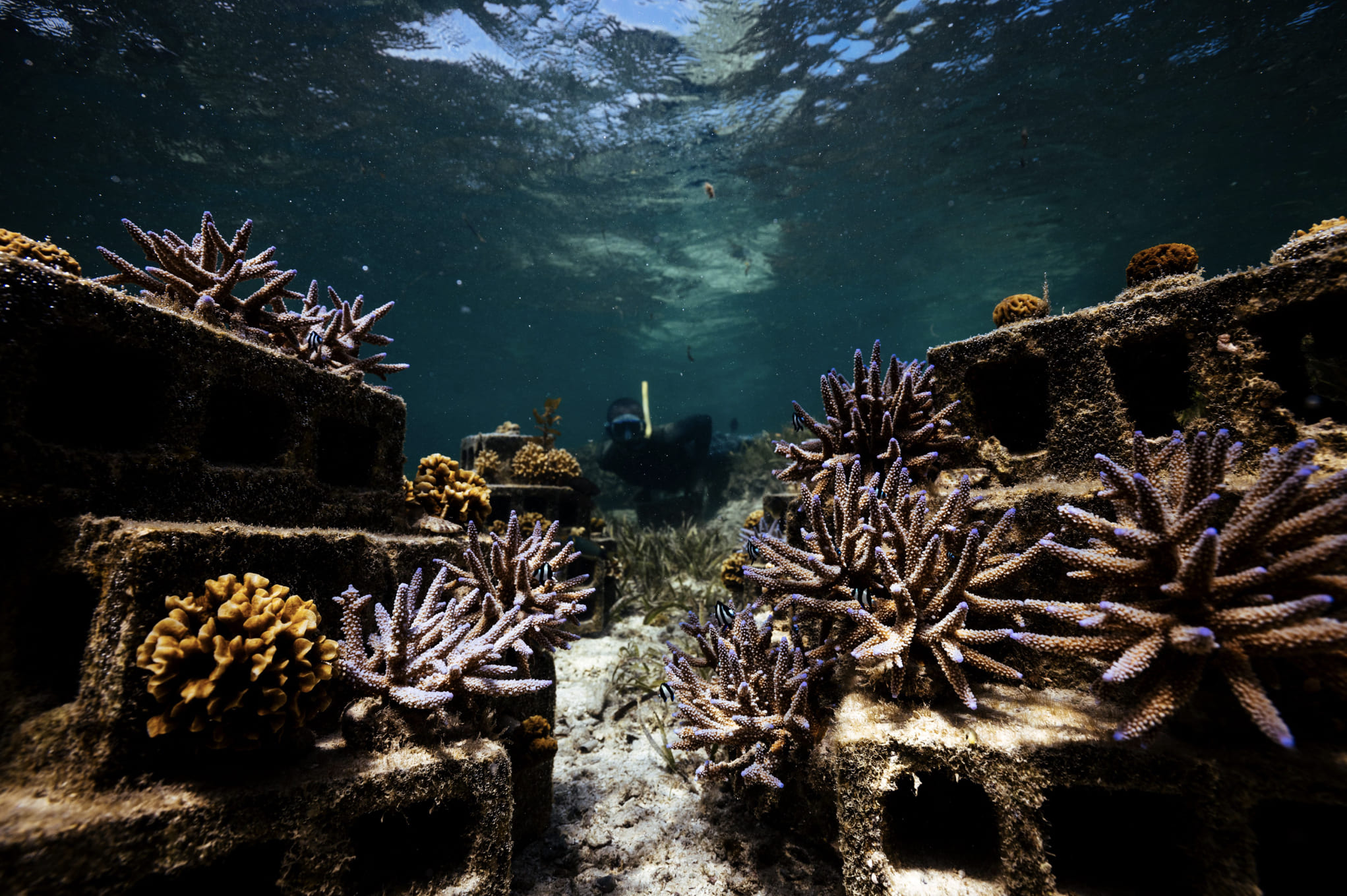
Corals in serious danger
In Kenya in the 1990s, coral reefs underwent a massive collapse: 50-90% of corals died. This was largely due to bleaching linked to rising temperatures, but also, locally, aggravated by a lack of fisheries management, and the use of destructive fishing methods causing overfishing.
Coral reef degradation was endangering the livelihoods of local communities, as 90% of the fishing community depends entirely on the reef: this is not an isolated problem!
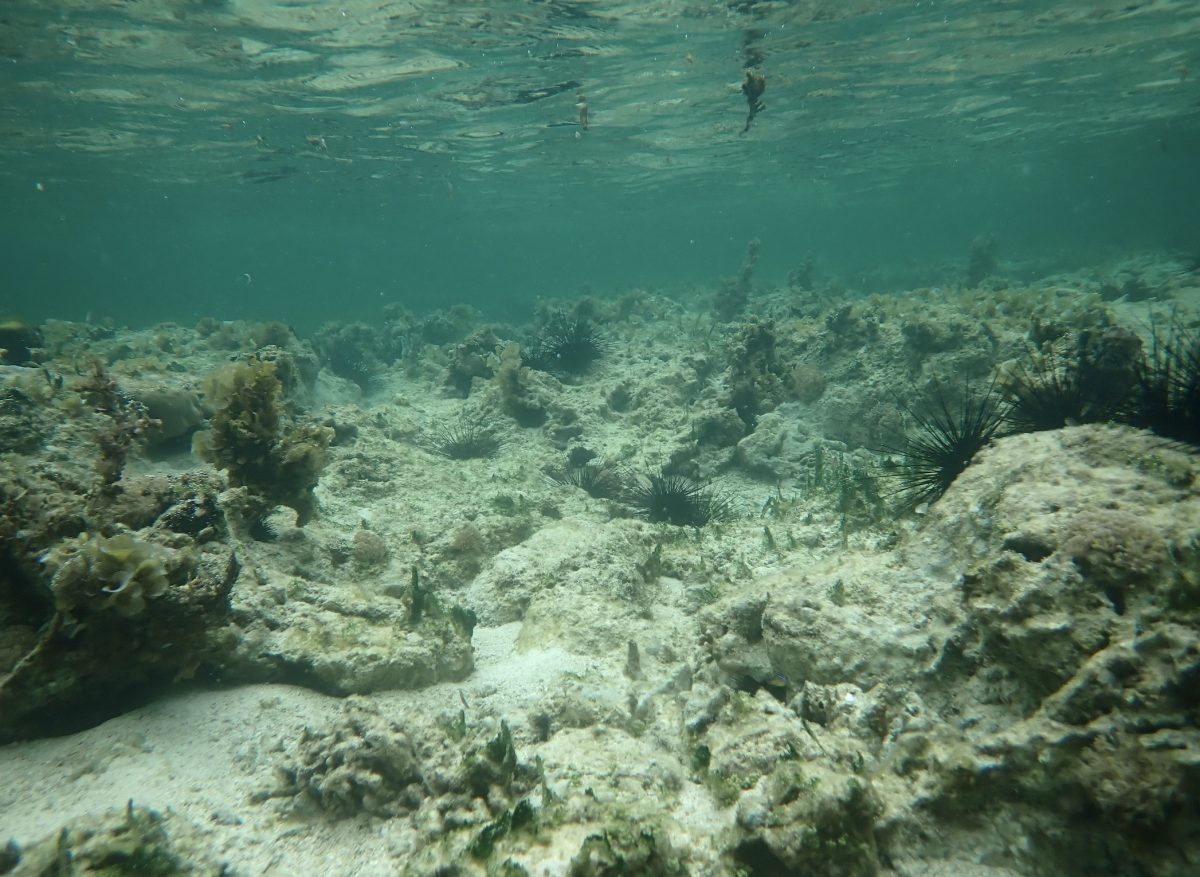
That’s why, in 2003, the community of Kuruwitu town, the local government and the Kuruwitu Conservation and Welfare CBO, after a lot of hard work, were able to establish a community conservation area under traditional law (called tengefu). Recognized and strengthened in 2010 with a framework defined by the national government. This 30-hectare zone ensures the protection of coral reefs, and gives rise to the first efforts, in 2019, to restore degraded reefs led by the local nonprofit Oceans Alive and the local community.
After the first trials of ecological restoration of the coral reefs in the tengefu zone, some very encouraging results have emerged: the training and active participation of the local community in the effective protection of the zone, several restoration methodologies tested and children from 50 schools sensitized. In neighboring areas, however, the problems of unselective fishing gear, overfishing and fishing-related plastic pollution persist within the reefs. The local community of Kuruwitu and the Oceans Alive team therefore wanted to act to strengthen their methods and put their experience at the service of neighboring communities, in favor of the protection and restoration of coral ecosystems and dependent fisheries.
An ambitious project is born
It was from this observation that the partnership between our organization and the Oceans Alive nonprofit was born. We joined forces with the aim of strengthening and developing their coral reef restoration project in Kuruwitu (Kilifi), in order to support the livelihoods of local communities!
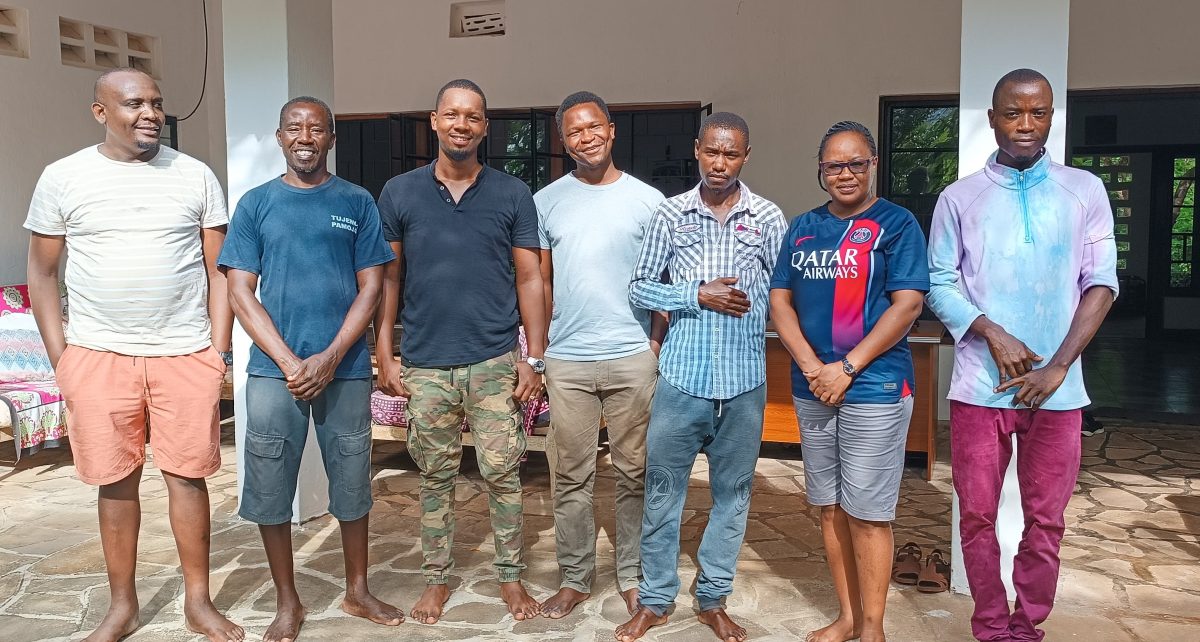
The aim of this project, known as the “REEL project“, is to test and identify sustainable, replicable and effective coral restoration practices, taking into account the cultural and environmental context. To achieve this, we are using a method that involves the participation of local communities and the development of their skills in coral conservation. For us, the local community must play a central role in the sustainable management of reef ecosystems and the success of the project.
As part of the project, we are setting up internships for fishermen from neighboring communities, trained by our teams in methods for restoring and monitoring coral reefs and associated fisheries. This is both a way of raising awareness and strengthening local reef management skills.
We are also developing tools to raise awareness among young people in local schools.
Finally, we regularly interact with members of the local community to share the results of the project and encourage them to protect and use reasonable practices in the area.
By re-establishing coral reefs, we are enabling the return of biodiversity and thus a marked improvement in fisheries, for the benefit of local communities.
Support our goals!
To launch this project, we’ve set up a crowdfunding campaign to help us get the program off to a great start!
Your donations will enable us to maintain our three-year objectives:
- Restore and conserve 70 hectares of coral reef in the Kuruwitu co-management area (that’s 96 soccer pitches!).
- Raise local, regional and international awareness of the importance of coral reefs in Kenya.
- Deploy and extend as far as possible the successful restoration methods developed.
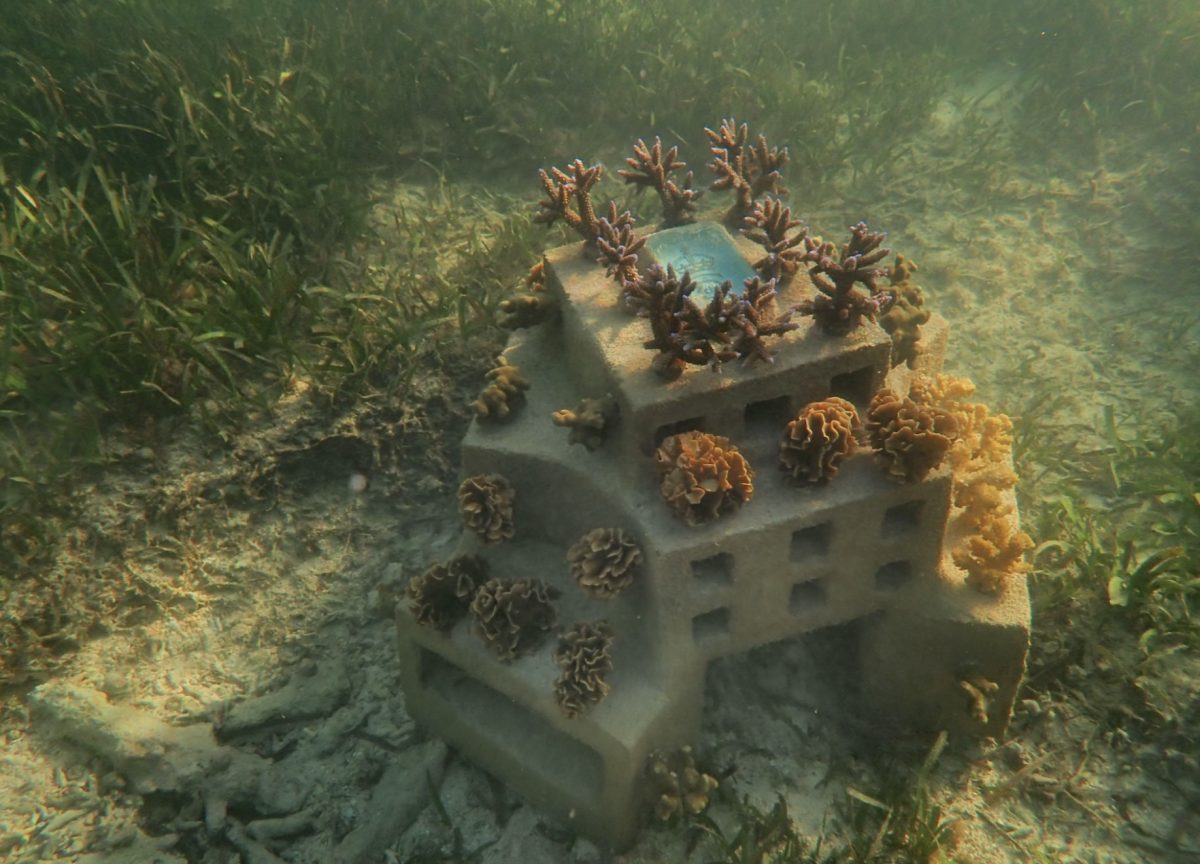
We’re counting on your support: share the crowdfunding page or make a financial contribution – donations are tax-exempt!
To find out more about the project, visit our website and follow us on our social networks!


